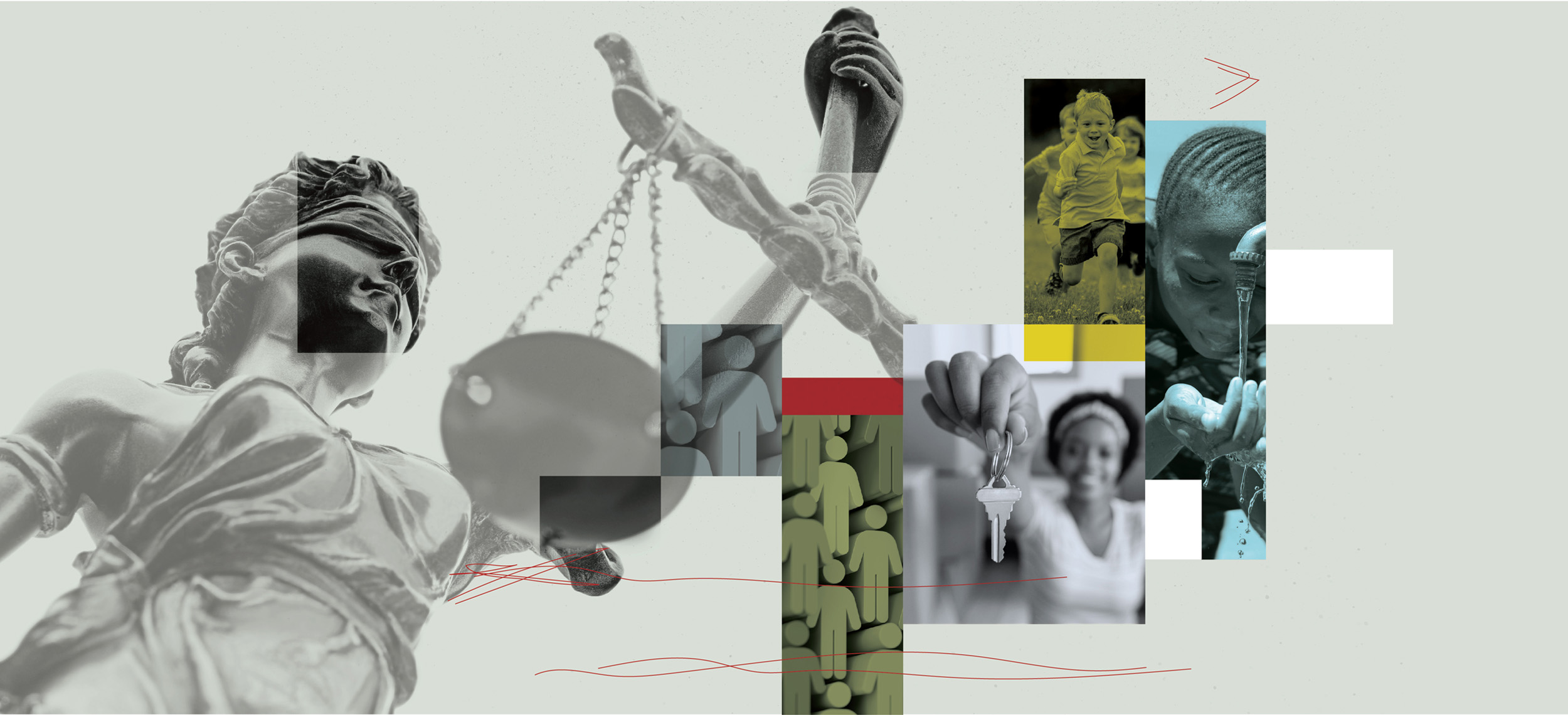Advancing racial equity means moving beyond focusing on disparities to developing inclusive and equitable solutions that improve society for all. A closer look at the network of systems and policies that have perpetuated inequities or stood in the way of progress is needed to help advance racial equity policy.

STAY ENGAGED WITH PARDEE RAND GRADUATE SCHOOL
Your privacy is protected when you sign up for announcements. See our privacy statement for further details.
